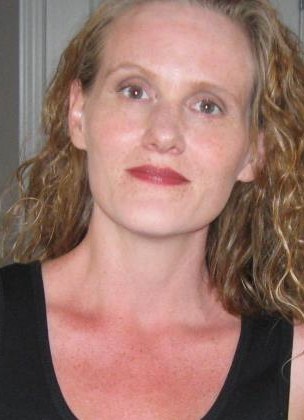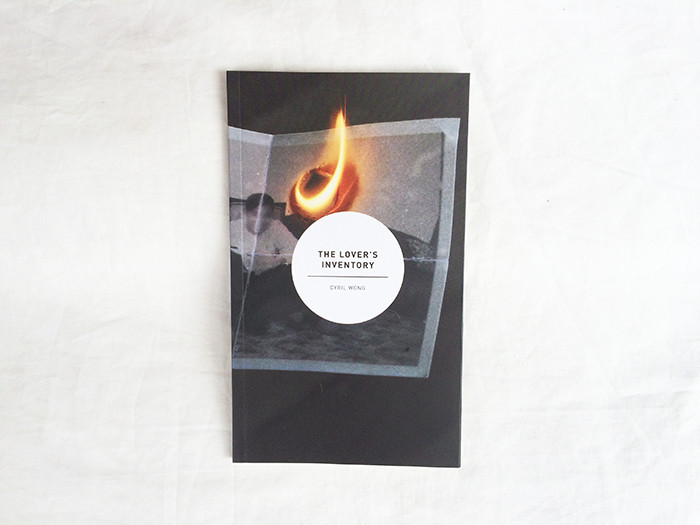The Ploughshares Round-Down: How to Make Your Book Popular
As an agent, it’s my job to figure out what’s going to be popular among readers. I’m looking not only for books that editors will like now, but that the rest of the world will like eighteen months from now. Luckily, I only have to figure this out for books, and not the rest of my life. (I was on yearbook and played tuba in high school. I’m not an expert on popularity in general.)
Every writer has to be guided by her inner muse, of course, but it would be foolish for her not to take her potential audience into consideration. Yet knowing what readers will want can seem an insurmountable problem. Plus, what they often want seems, not to put too fine a point on it, reprehensible. (Duck Commander books? Cameron Diaz’s health advice? John Hagee’s Christian astrology?)
The most interesting thing I’ve read in the last two weeks, “How to Be Popular” on n+1, was about this puzzle, and I think we can extrapolate a few useful rules from it about how to make sure your book is popular.
The author of the piece, Melissa Flashman, is an agent at Trident Media Group, where she represents some fiction, but mostly serious nonfiction. (I’m thankful I’ve never had to compete with her for a client, because everyone says she’s terrific.) The experiences she describes in her piece are fairly common, and the dilemmas she faces are also useful for writers to see.
She talks about a book she liked but didn’t represent that went on to sell millions. (I’m going to guess it’s The Kite Runner.) She talks about a book she represented, about debt and by an author without a platform, which didn’t sell many copies. And she talks about another book about debt, by one of the key activists behind the Occupy protests, which sold surprisingly well.
These things are worth reading about, despite the fact that Flashman never gives a straight answer for what will be popular. What she says instead is this:
There are people with bullhorns and there are ecosystems of people with bullhorns. There are institutions and networks, formal and otherwise, in which we all live and dream, tell stories and finger our worry beads. The ecosystems in which books are developed, written, published, publicized, and enjoyed are no different .
That seems spot on, but it’s only part of the story.
What Novelists Can Learn From Flappy Bird
I was commuting one day, talking to a game developer on my cell, when he said, “All anyone is looking for is the novel embedded in the familiar.” He was talking about designing little free games for iPhones, and how they have to be both intuitive and fresh. But that sentence exploded into my brain. It made me want to hang up and tell every other person on the train that I’d just discovered the secret to creating any kind of pop culture product that people would love.
All any reader wants is a book just like their favorite books, except different enough that it’s not like reading those books a second time. Raise your hand if you ever thought, “I’d love a book like Atonement, but with spies.” Or maybe, “Is there anything like Game of Thrones, except at a university?” Or even, “I would read the bejeesus out of a book like Twilight if only it was written by Chuck Palahniuk.”
Okay, put your hands down, you look ridiculous.
Do you know the famous story of Aliens being pitched as “Jaws in space”? That’s a memorable elevator pitch because it’s something new enough to be surprising, but not so new that it’s hard to explain. Now think of all the greatest things you’ve ever read. Didn’t they show you something you know well, but cast it in completely different light?
How To Be Unpopular
Let’s get back to Flashman’s ecosystems. When a book doesn’t sell at all, you can look to one of three reasons: no one in that ecosystem has heard about it, that ecosystem wasn’t big enough to support a book, or the book failed to be novel yet familiar to the readers in that ecosystem.
That last part, unfortunately, is hard to predict in advance, because it’s deeply subjective. For instance, I think Flashman is wrong about why The Kite Runner was such a big seller. She thinks it was familiar because there’s a broad readership for novels that show us how a different culture is both like ours and different. The twist is setting it in a country that we hadn’t seen this done in before. To her, it was “Amy Tan but Afghanistan.”
It’s important to know, though, that the book didn’t become a monster bestseller until it came out in paperback, and we’d invaded. I think it was familiar as a breezily-written sordid melodrama, and Afghanistan was a setting we were suddenly desperate to know more about. I think it was “Peyton Place in the warzone.” It’s possible we’re both right, but can you see how this kind of thinking matters?
Know Your Ecosystem
Most of the people I know in publishing are brilliant. But if there’s a place we go wrong, you can see it a little bit in this piece. To people in publishing, EVERYTHING is too familiar. Here’s what every editor in New York wants: Seabiscuit but about something other than a horse. Something no one ever thought of writing a Seabiscuit about. Oh, you have an idea like that? Guess what: they’ve already seen it.
Next time read about a headscratcher of a deal in the New York Times, you’ll think “Why did someone pay $750,000 for a book that sounds like Seabiscuit, except it’s a novel and it’s about 1970s banjo player?” The answer is, they’d never seen that before. And when you hear someone like Brad Meltzer talking about piling up rejections, you now know why. It looked too familiar to jaded editors.
Luckily, the way publishing has changed over the past two decades has forced editors to get out of their groupthink and look harder at what readers will find familiar enough to know they want, and novel enough that they will be delighted and surprised. Twenty years ago, book publishers, bookstores and the Times book review operated as gatekeepers, and readers had to take what they were given. Readers are steering this ship now, so all I care about—and all you should care about—is what they want.


